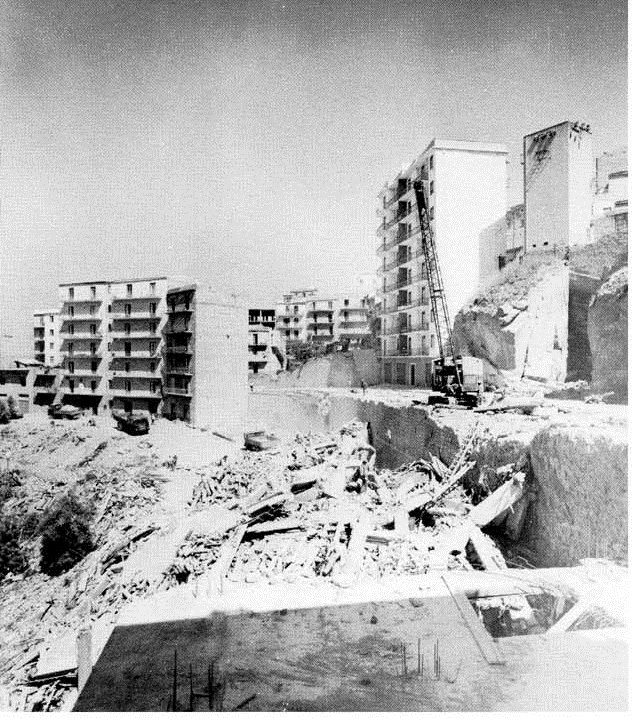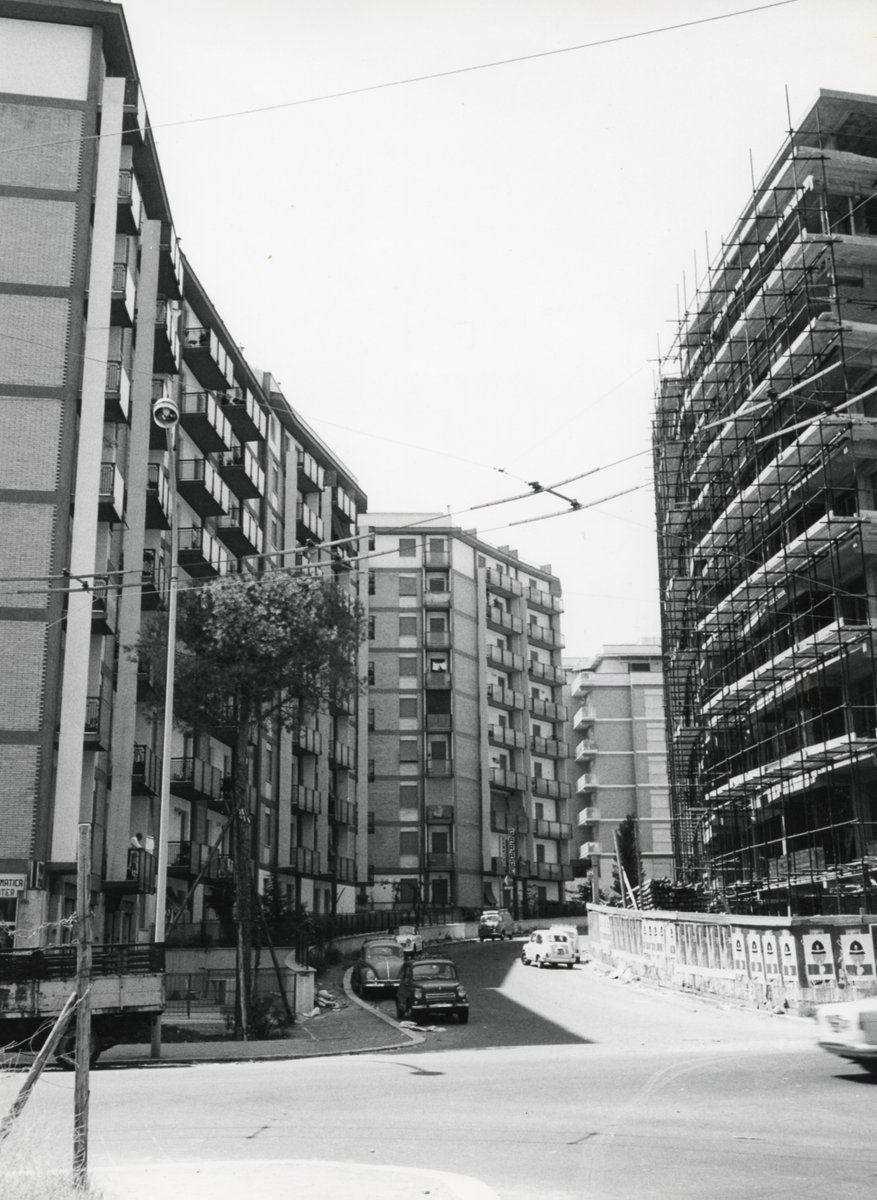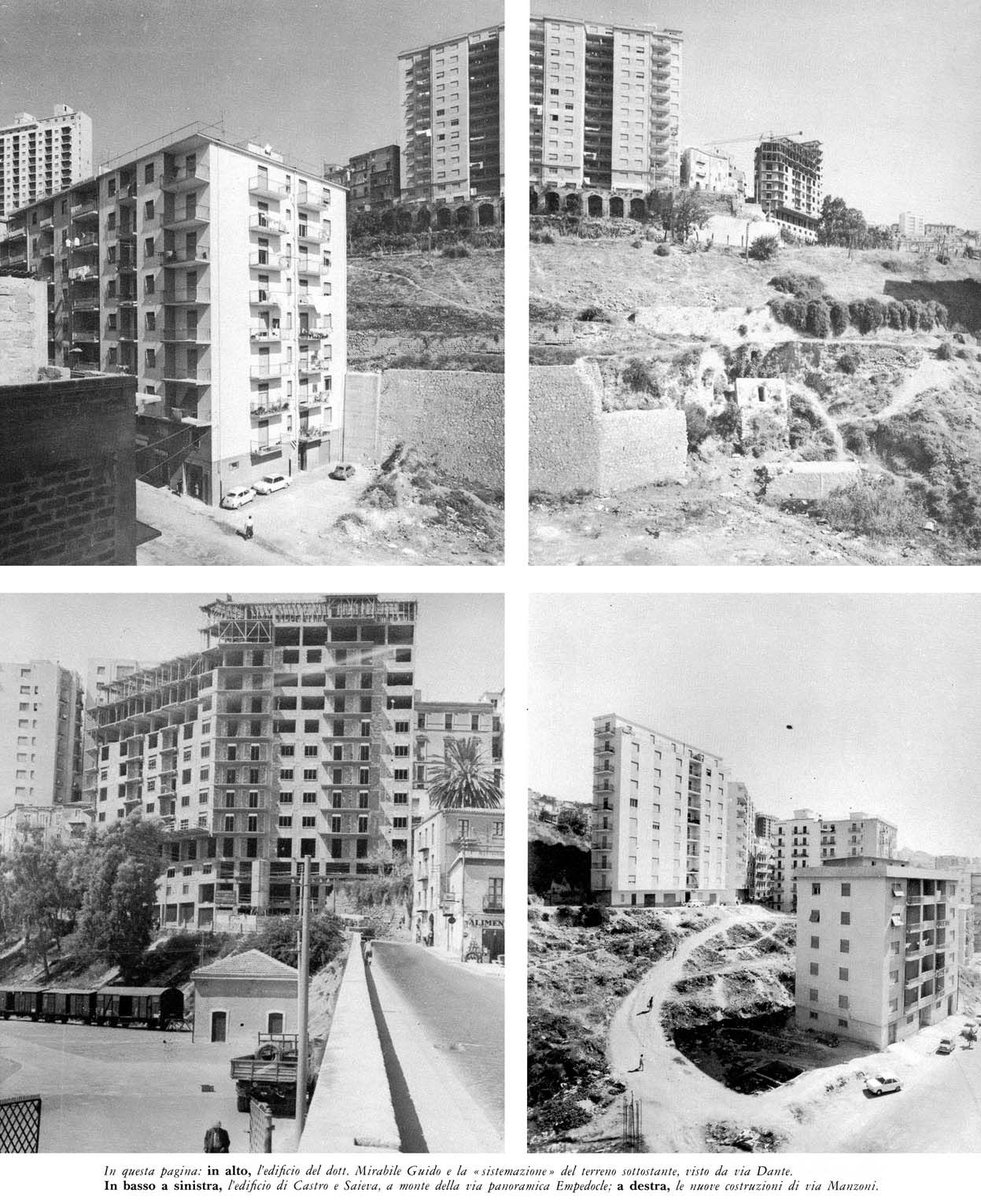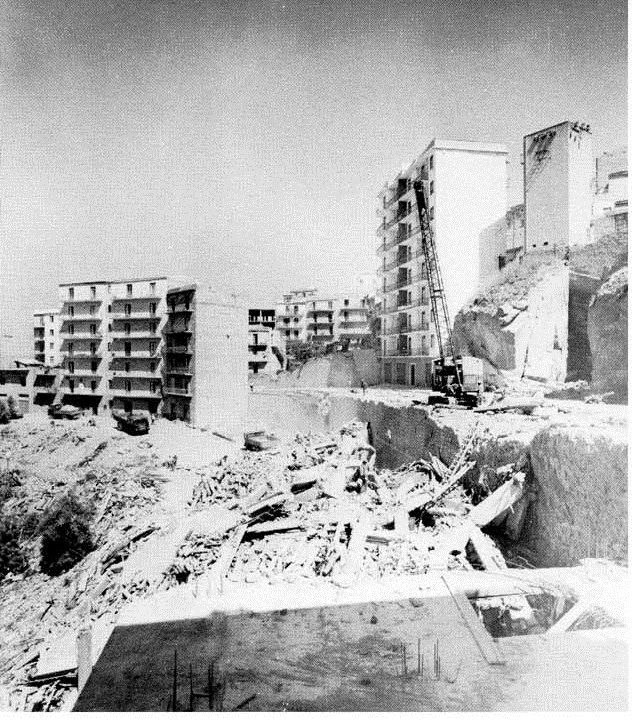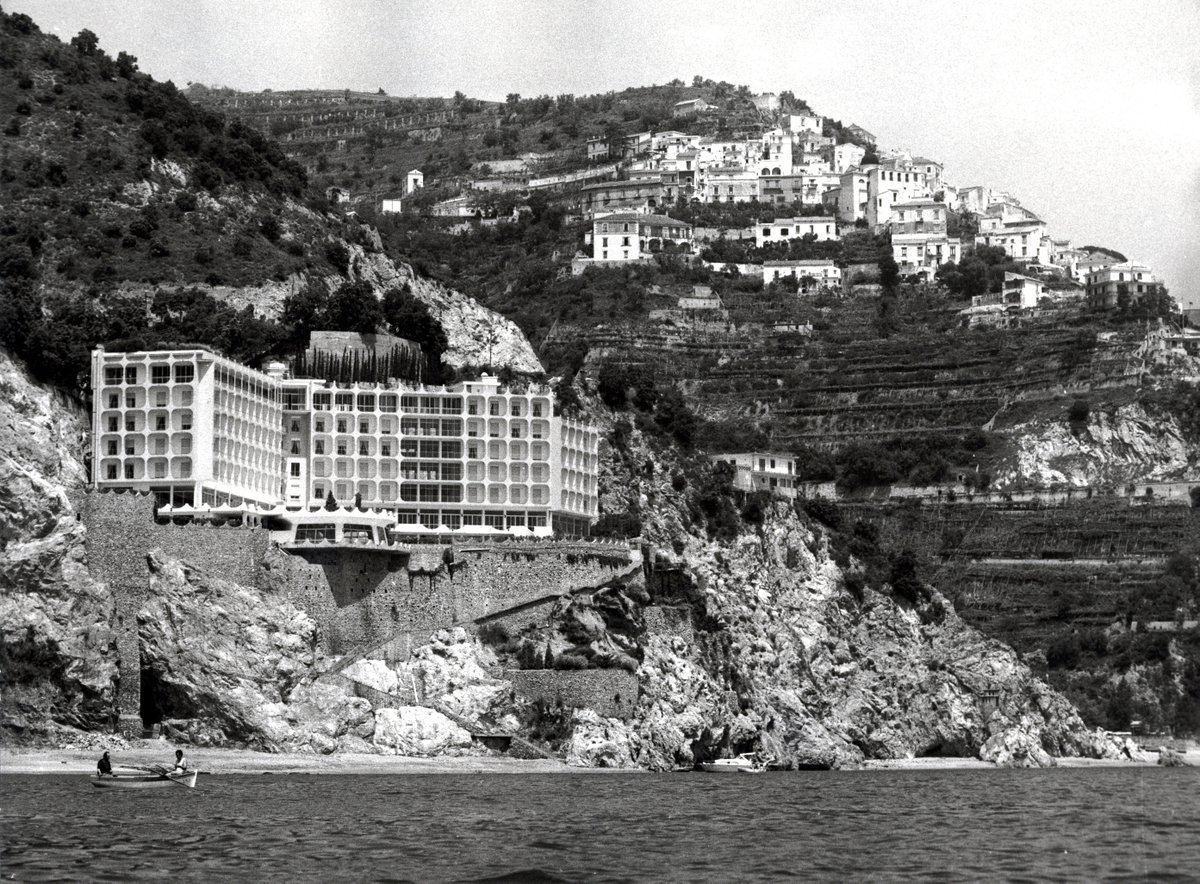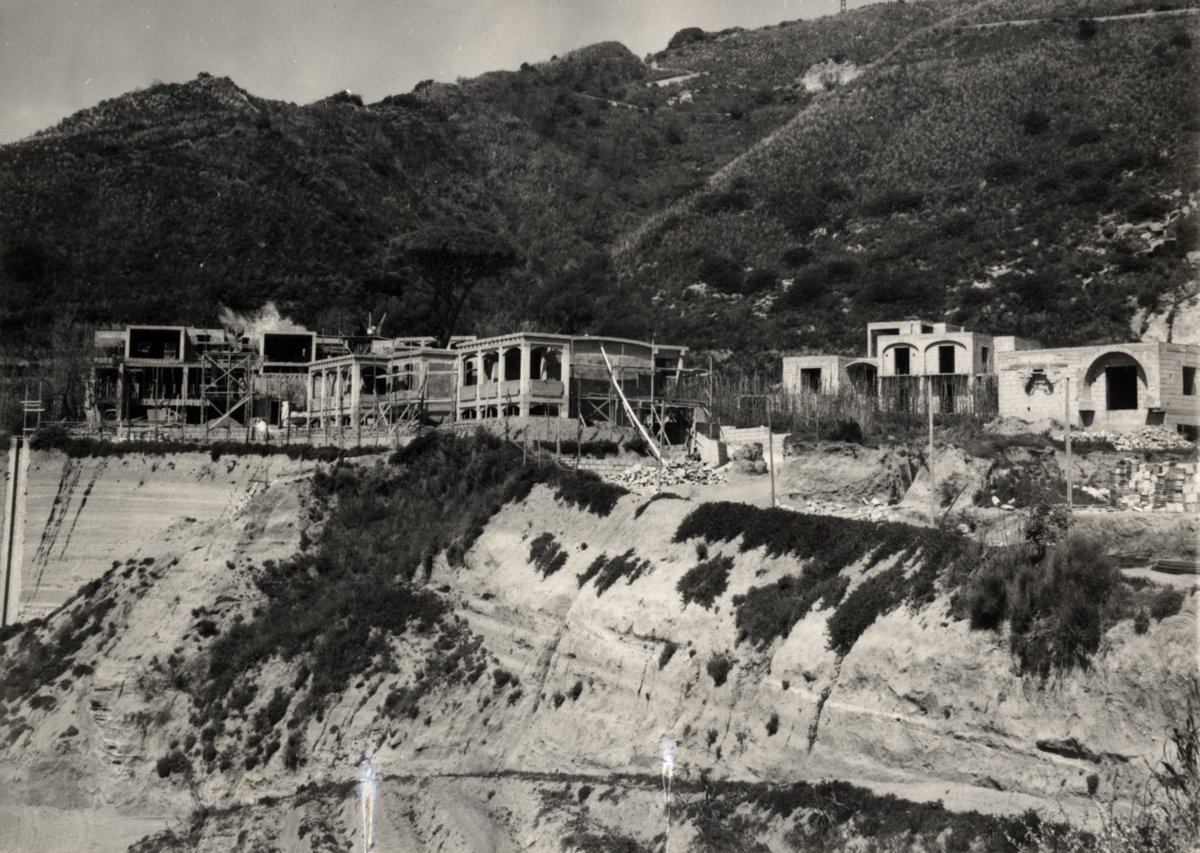1/ Yesterday I had an interesting exchange with @threestationsq, born out of me subtwitting @ebwhamilton on California& #39;s prop 207.
Together with the pictures below, it says a lot about how culturally (and historically) bounded are our visions of "good vs bad" planning tools.
Together with the pictures below, it says a lot about how culturally (and historically) bounded are our visions of "good vs bad" planning tools.
2/ The question was whether the right to build is a fundamental and inalienable part of the property right or if it& #39;s something that should, at least partially, be controlled by the state according to some sort of public interest. https://twitter.com/ChittiMarco/status/1312742209586974720?s=20">https://twitter.com/ChittiMar...
3/ Bringing the Italian example of reformist planners in 1950-70s Italy, pressing for legislative reforms to separate what is technically called the "ius aedificandi" (the right to build) from the property right, I argued that it made sense in light of the that particular history
3/ Rightly too, @threestationsq argued that taking away from "the people" who own a piece of land their right to build is a form of theft "at gunpoint" from the state , as is limiting, through zoning, the amount or the typology they can build.
4/ We are both right in a way, because I think the issue is that the way we picture "the people who own land" is different. When I imagine THE landowner I have in my mind a bunch of large landowners that accounted for the bulk of peri-urban ownership in the 1950s booming Italy.
5/ That effort from planners and legislators to appropriate for the public the right to built was aiming at subtracting from a bunch of large landowners, often aristocrats or other well connected businessmen, the control over development and management of buildable land.
6/ The 1950s masterplans was largely designed following not a clear idea of the city& #39;s development but to give all these well connected "people" the possibility to speculate over land, as urban land markets were seen as (and were) prone to uncontrolled speculation and corruption
7/ This battle was fought in the context of a parallel agrarian reform that targeted the rural south in the 1950s, where again a bunch of large landowners exploited a multitude of underpaid workers and sharecroppers. Both were framed as battles for social justice, redistribution
8/ The same can be said by the necessity of capping F.A.R. The uncontrolled development of the 1950-60s traumatized somehow the planning milieu and the general public, with big scandals like the so-called1966 "sack of Agrigento", where overdevelopment provoked a massive landslide
9/ The widespread problem of illegal buildings, known as "abusivismo edilizio", that deturpated protected areas and brought very low quality or substandard development in many southern cities& #39; peripheries, often involved organized crime, like Mafia or Camorra, as provider of land
10/ In Italy, the figure of the prototypical landowner is tarnished by the history of a rapid and poorly managed urban development and a very unequal distribution of land. A tighter control over development has been largely intended as a way for better cities and broader equity
11/ I can speak less for others, but my impression is that the vision of many US urbanists, at least those that defines themselves as YIMBYs and oppose strict zoning rules, is determined by their historical and present use as tools of exclusionary and segregationist policies.
12/ capping F.A.R., or limiting the right to build through downzoning, was used not to provide a better urban environment and avoid excessive speculation, but as a tool to perpetuate exclusionary policies against minorities, immigrants, etc.
14/ In the context of a ramping housing affordability crisis in large coastal US metros, the abuse of planning powers to subtract building capacity from developers and landowners is seen, I think rightly, as yet another way to push unwanted people out, i.e. an exclusionary tool.
13/ For that, I think we cannot really talk of a universal positive or negative value of a given concept in planning (e.g. separating property and building right) as the connotation it takes depends on the particular circumstances in which is used, in the society it happens to be
14/ Planning is a very locally and culturally bounded activity with little universally valid prescriptions apart some generic "everybody loves mom and pop" concepts like equity, fairness or inclusiveness, concepts vague enough that we can all agree upon.
15/ That is why our profession needs debate and needs to confront itself with differences and history and to rely as less as possible on absolute, prescriptive theories, magic formulas or tools. That is what makes planning terribly complicate and amazingly fascinating.

 Read on Twitter
Read on Twitter